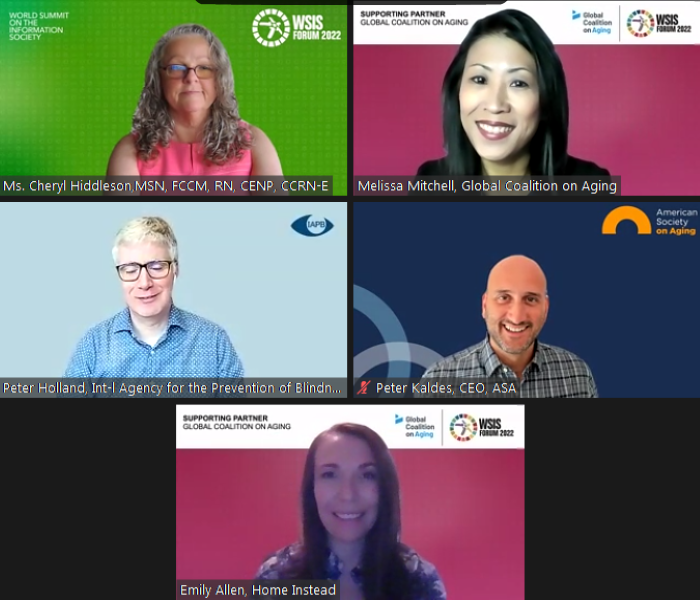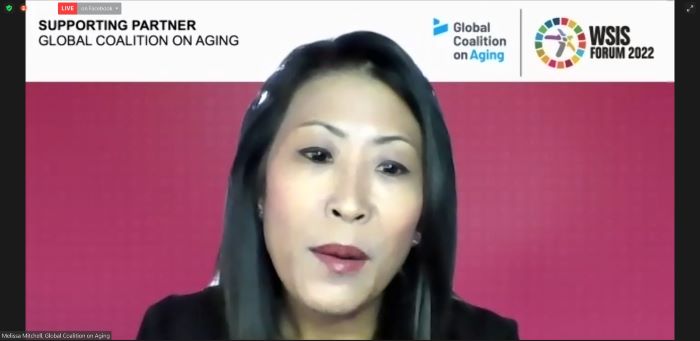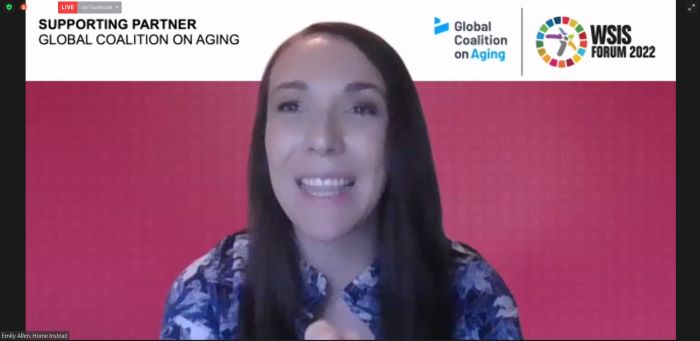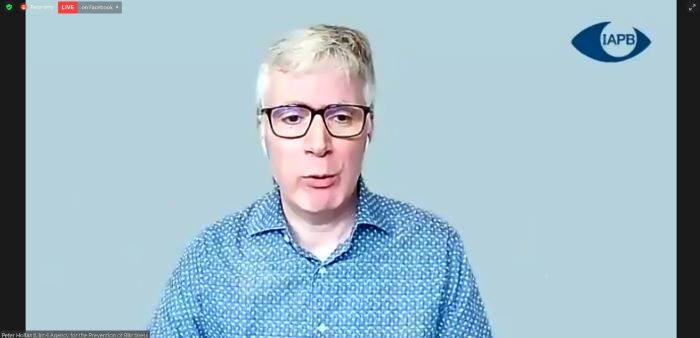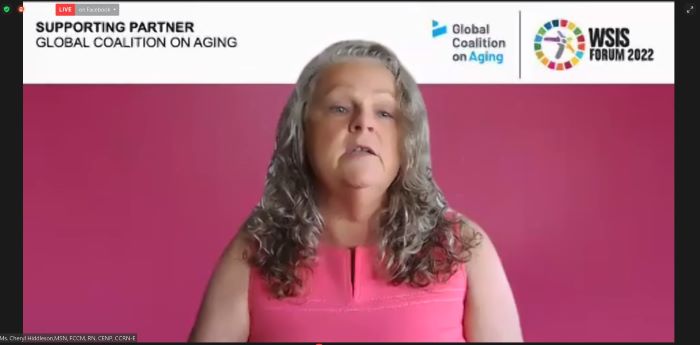Tech, Older Workers and the Future of the Workforce
Global Coalition on Aging
Session 255
Yesterday’s jobs are being substituted by technology, automation and artificial intelligence. Today’s world with more old than young also results in more older workers. So, what will tomorrow’s workforce look like as jobs in healthcare, caregiving, and broadly across ageing services rise in demand and the simultaneous uptake of healthcare technology creates a new paradigm for the future of the workforce?
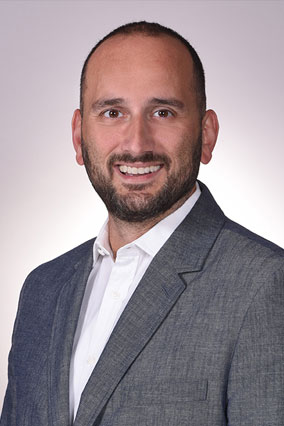
Peter Kaldes, Esq., Peter Kaldes, Esq. joined ASA in March 2020 and at the start of the global pandemic. His visionary and innovative leadership is transforming how ASA unites, empowers and champions everyone working to improve aging. Before joining ASA, Kaldes was President and CEO of the South Florida Institute on Aging (SoFIA) where he led the transformation of a 55-year-old, community-based organization by launching new programming, impactful thought leadership and nearly doubling its budget. Prior to SoFIA, Kaldes led a $20 million philanthropic economic development portfolio as a senior executive at JP Morgan Chase & Co. He also has a distinguished career in public service including as senior economic policy advisor in the Obama White House, the U.S. Department of Commerce and the Senate. Kaldes began his career as an international litigator at the global firm of Weil Gotshal. He is a graduate of the University of Pittsburgh School of Law and Tufts University.
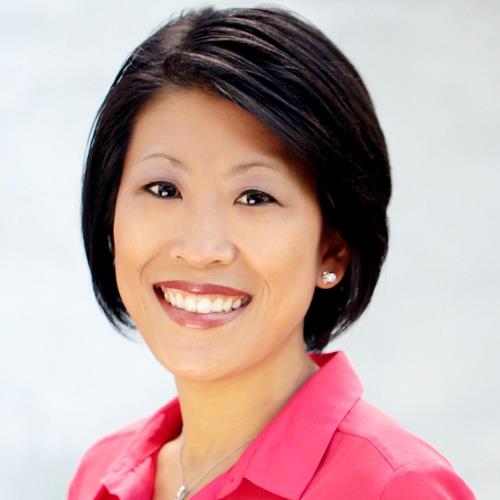
Melissa Gong Mitchell is Executive Director of the Global Coalition on Aging, the leading business voice on aging policy and strategy. She also serves as Managing Director at High Lantern Group, a strategic communications consulting firm. GCOA uniquely brings together global corporations across industry sectors to promote good public policy and market-based solutions centered on healthy and active aging. In her role, Melissa is responsible for the operations and management of the coalition, internal and external communication strategies, and member and stakeholder outreach and development, including fostering relationships and aligning partners across industry, academia, the NGO community, advocacy organizations, governments and global institutions. Melissa has spoken around the world about the opportunities of the aging mega-trend and the role of business in leveraging aging for economic growth. She has served as a member of the Professions Working Group that advises the Age-friendly New York City Commission and as a member of the Benefit Committee of the Skin Cancer Foundation.
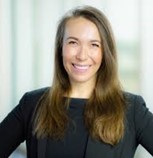
Emily Allen serves as the Director of Thought Leadership and Advocacy at Home Instead. Home Instead is the world’s leading provider of relationship-based home care services that empower people to age at home with dignity and respect. Home Instead has more than 1,200 locations around the globe and provided more than 100 million hours of care to older adults and families last year alone. Our mission is to change the face of aging around the world. In August 2021, Home Instead was acquired by Honor Technology, creating the marriage of high-tech and high-touch to revolutionize how we care for older adults around the globe.
Emily is a member of Home Instead’s Leadership Team, as well as a member of its Advocacy Leadership Team, which is dedicated to advocating for aging adults and their loved ones, ensuring a quality care experience, helping transform healthcare delivery, and shaping aging and home care policy and the world. She also is a leader around Home Instead’s diversity, equity, and inclusion work.
Emily serves on the International Franchise Association’s Diversity Advisory Board, is one of Home Instead’s representatives to the Global Coalition on Aging, and regularly represents Home Instead at global events and speaking engagements.
Before joining Home Instead, Emily worked as an Associate Attorney at a national law firm, where she represented clients in a variety of corporate, real estate, tax credit, health care, litigation and transactional matters. Emily received her bachelor’s degree in Elementary Education and Teaching from the University of Nebraska Omaha and her JD from Creighton University.
Finally, Emily serves on various non-profit committees and guilds within her local community.

Peter Holland has been Chief Executive of the IAPB since May 2018. Peter has also worked in the UK’s Foreign and Commonwealth Office, the National Health Service and the Royal National Institute of the Blind. After 10 years developing primary care services in the NHS in south London, Mr. Holland joined the FCO where his roles included postings to India and Afghanistan, senior policy roles on counter narcotics and negotiating international intellectual property agreements. At IAPB, Mr. Holland is taking a lead at a global level to promote eye health and to ensure its critical importance to the delivering of UN Sustainable Development Goals.
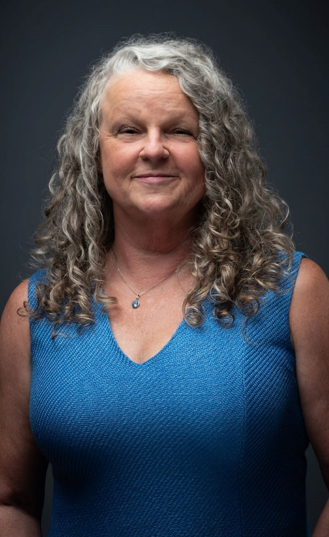
Cheryl is the EHC Director of eICU Operations. She has been a registered nurse in Georgia for 35 years. She practiced at the bedside for 20 years with a primary focus on critical care. She also has a background in patient logistics and flow management. She is a member of The Society of Critical Care Medicine (and is an active member of their Tele ICU committee), The American Association of Critical Care Nurses, American Telemedicine Association, and the American Organization of Nurse Executives.
Cheryl was directly responsible for the development of the Emory eICU Center and continues to have clinical and operational oversight of the program. Over the last 5 years she has also become involved in research and development of various remote monitoring and predictive analytic applications focused on reducing serious complications for critical care patients. She is Adjunct faculty with the Emory School of Medicine, department of Biomedical Informatics.
Cheryl led the development and implementation of an international program involving intercontinental delivery of tele critical care services for Emory eICU patients by geographically distributed teams. She is committed to advancing innovative care delivery models related to tele-ICU and telehealth locally, nationally and internationally, to promote quality care for all patients regardless of location or local resources.
-
 C3. Access to information and knowledge
C3. Access to information and knowledge
-
 C4. Capacity building
C4. Capacity building
-
 C7. ICT applications: benefits in all aspects of life — E-business
C7. ICT applications: benefits in all aspects of life — E-business
-
 C7. ICT applications: benefits in all aspects of life — E-learning
C7. ICT applications: benefits in all aspects of life — E-learning
-
 C7. ICT applications: benefits in all aspects of life — E-health
C7. ICT applications: benefits in all aspects of life — E-health
-
 C8. Cultural diversity and identity, linguistic diversity and local content
C8. Cultural diversity and identity, linguistic diversity and local content
-
 C10. Ethical dimensions of the Information Society
C10. Ethical dimensions of the Information Society
-
 Goal 3: Ensure healthy lives and promote well-being for all
Goal 3: Ensure healthy lives and promote well-being for all
-
 Goal 4: Ensure inclusive and equitable quality education and promote lifelong learning opportunities for all
Goal 4: Ensure inclusive and equitable quality education and promote lifelong learning opportunities for all
-
 Goal 10: Reduce inequality within and among countries
Goal 10: Reduce inequality within and among countries
-
 Goal 11: Make cities inclusive, safe, resilient and sustainable
Goal 11: Make cities inclusive, safe, resilient and sustainable
-
 Goal 16: Promote just, peaceful and inclusive societies
Goal 16: Promote just, peaceful and inclusive societies
